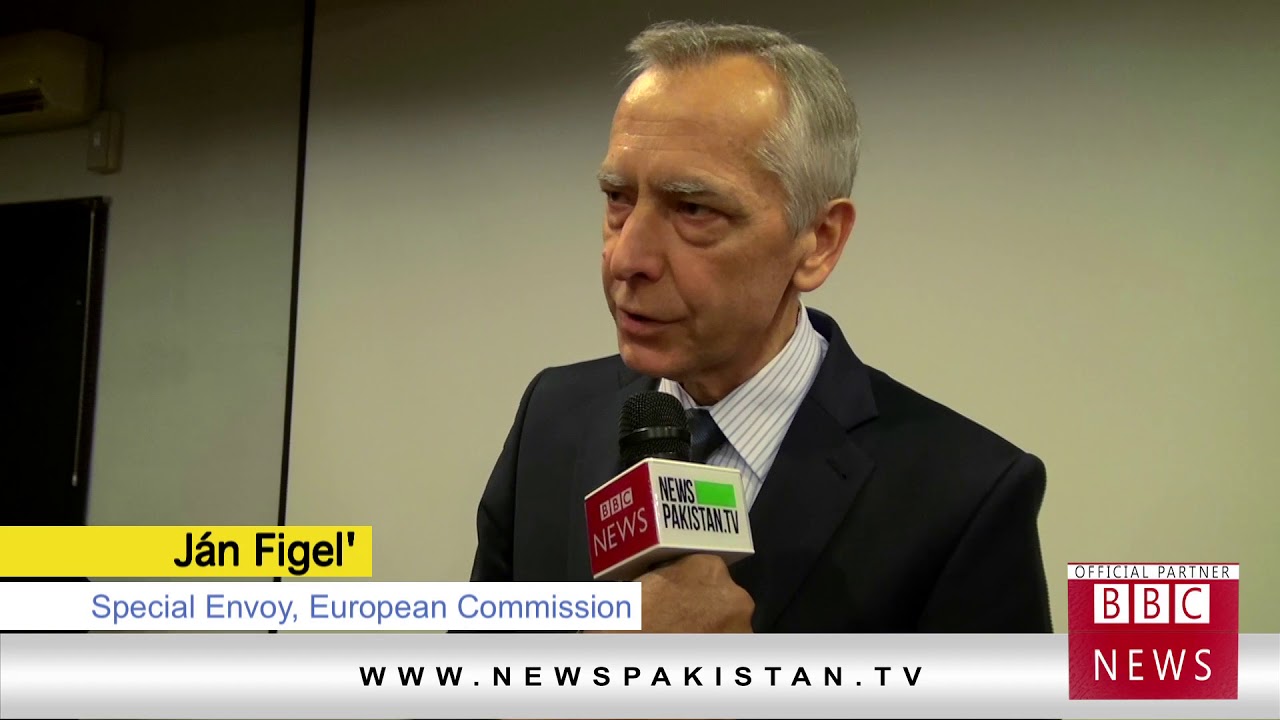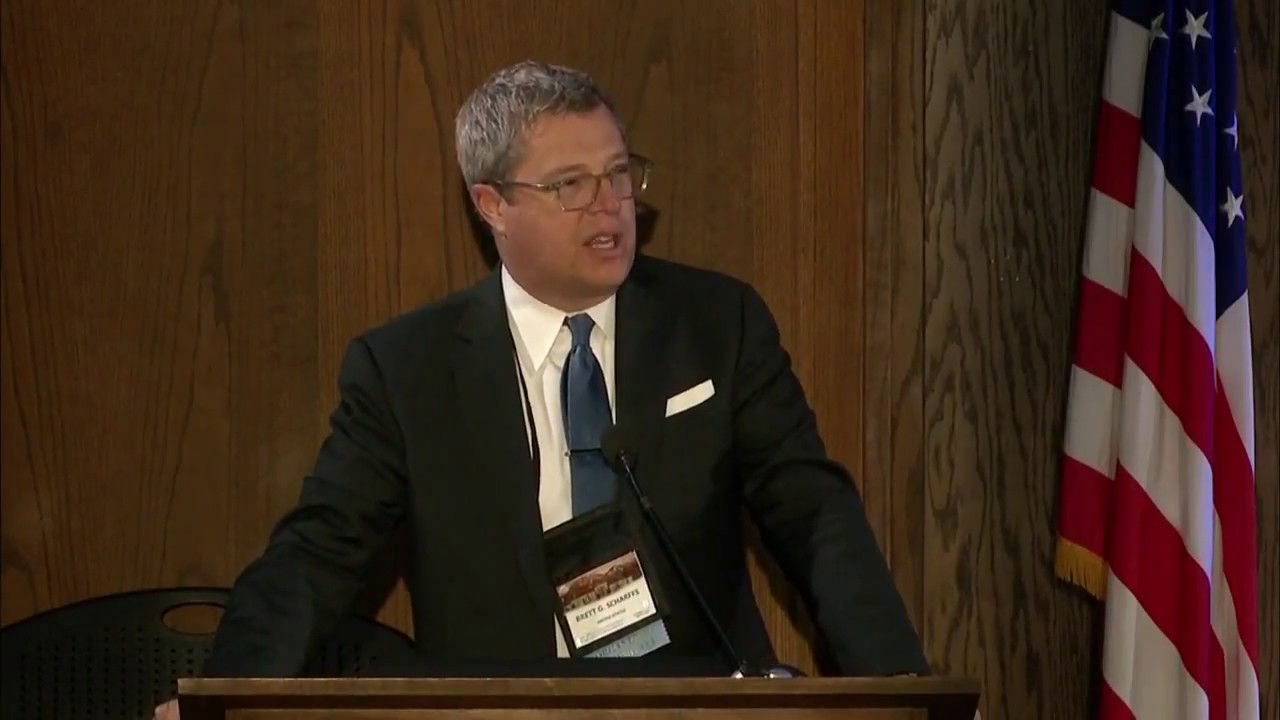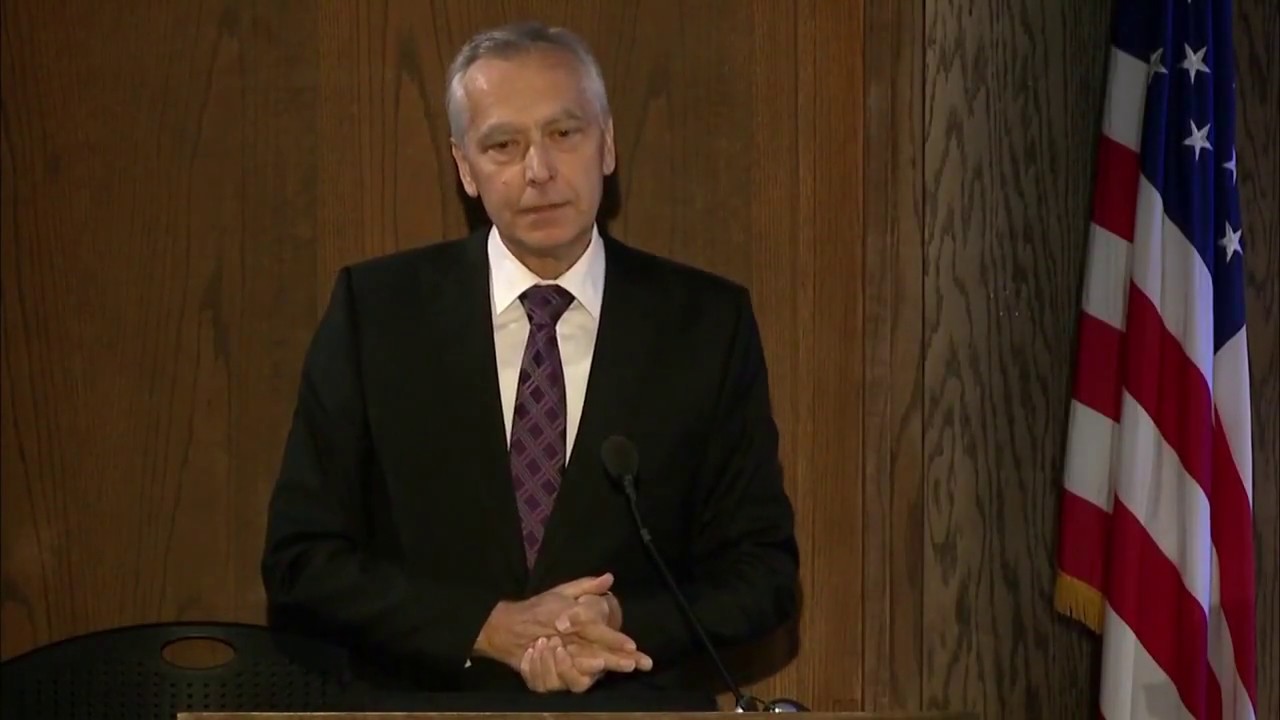Category: English
-
Silence and indifference help the persecutors. The Colosseum in red can help to open hearts and mind
This weekend on 24 February at 6 p.m. Rome’s Colosseum will be bathed in red light to commemorate the blood of the Christian martyrs – particularly the martyrs of our own time. Simultaneously, both in Mosul, Iraq and in Aleppo, Syria, prominent symbolic buildings will be similarly illuminated, in union with the initiative. In Portugal
-
European Commission Special Envoy Ján Figeľ says Pakistan can change!
KARACHI: Ján Figeľ European Union Special Envoy for promotion of freedom of religion or belief outside the EU spoke at Alliance Française de Karachi on Towards an Education System for Human Rights and Pluralism. The Envoy, while maintaining that education is the most influential tool to change society, insinuated towards nexus between fundamentalism and madrassas
-
Respecting religious diversity
If one looks around thoroughly and with respect to reality and truth, we see an enormous and continuously growing volume of diversity : stones in nature, trees and even leaves on the same type of trees in the woods, animals of all species. The same is true about humankind: nobody is identical with billions of
-
Europe must be built on responsible freedom, EU religious freedom envoy says
Credit: European People’s Party via Flickr CC BY 2.0 Vatican City, Nov 16, 2017 / 09:00 pm (CNA/EWTN News).- The European Union’s special envoy for religious freedom has called for “responsible freedom,” in the wake of the Vatican-based (Re)Thinking Europe conference, held Oct. 27 – 29 in the Vatican. In an interview with CNA, EU
-
Ján Figeľ’s speech at Forum Paix et Sécurité Pan-Africain in Dakar, Senegal
In my speech, I want to address three issues: i) EU approach to resilience, ii) EU approach to counter-radicalisation and iii) importance of freedom of religion or belief and interreligious dialogue 1) EU approach to resilience 2) EU approach to counter-radicalisation 3) Freedom of Religion or Belief and Promotion of inter-religious dialogue Protection and Promotion
-
Religion and religious freedom in changing world
Video Speech for ASEAN Conference in Manila, the Philippines Distinguished Manila Conference Participants and Guests, First, I want to thank for the invitation. I wished to be with you in Manila but after the change of originally scheduled date I could not come. Ladies and Gentlemen, Religion is with the humankind since the beginning of
-
-
Ján Figeľ’s speech at the International Consultation on Christian Persecution in Budapest, Hungary
International Consultation on Christian Persecution – Finding the Appropriate Answers to a Long Neglected Crisis Your Holiness, Beatitudes, Eminence, Excellencies, Minister, MPs, Dear Friends, Ladies and Gentlemen, Answers can be found successfully if we use our reason and if we seek COMMON GOOD! In the 21th Century either Common Good will prevail or IDEOLOGIES OF
-
Ján Figeľ and András Sajó open the 24th Annual International Law and Religion Symposium
The video recording of the Symposium Two distinguished Keynote speakers addressed participants from around the world assembled for the opening session of the 24th Annual International Law and Religion Symposium. In addition to an address by Ján Figeľ, Special Envoy for the Promotion of Freedom of religion or Belief Outside the European Union, those assembled
-








